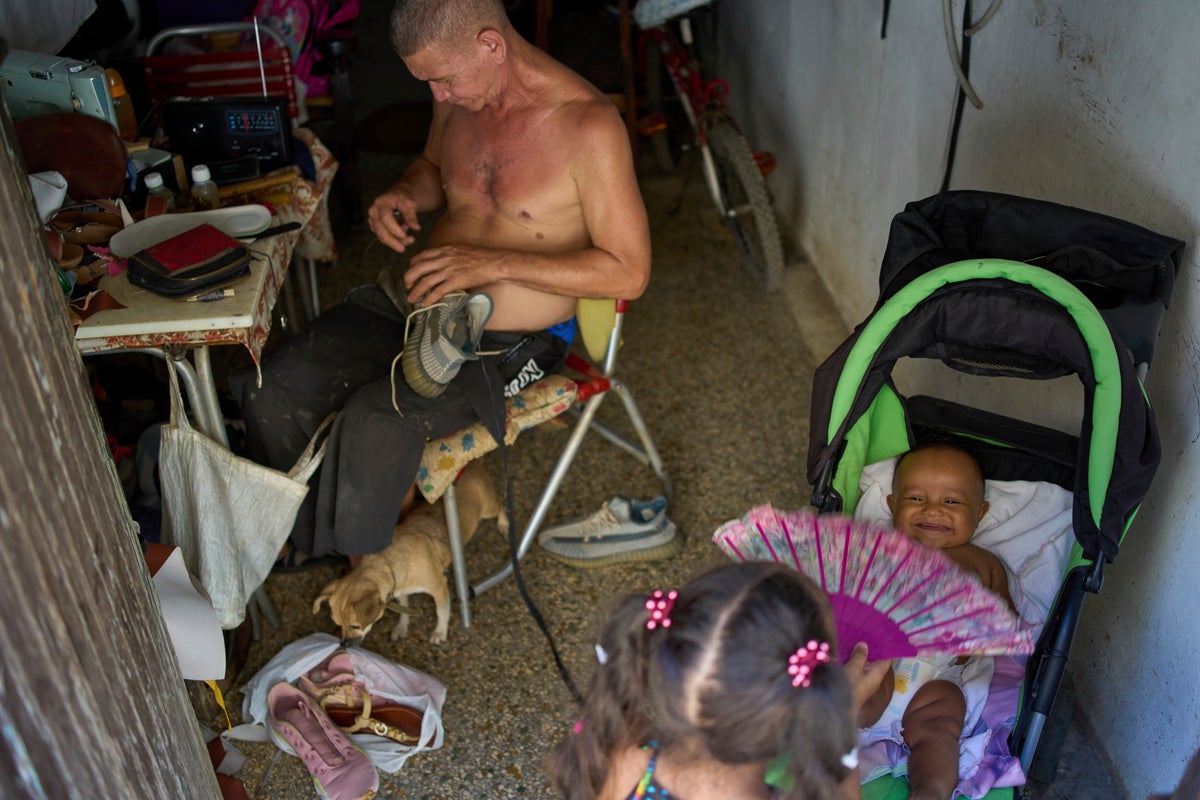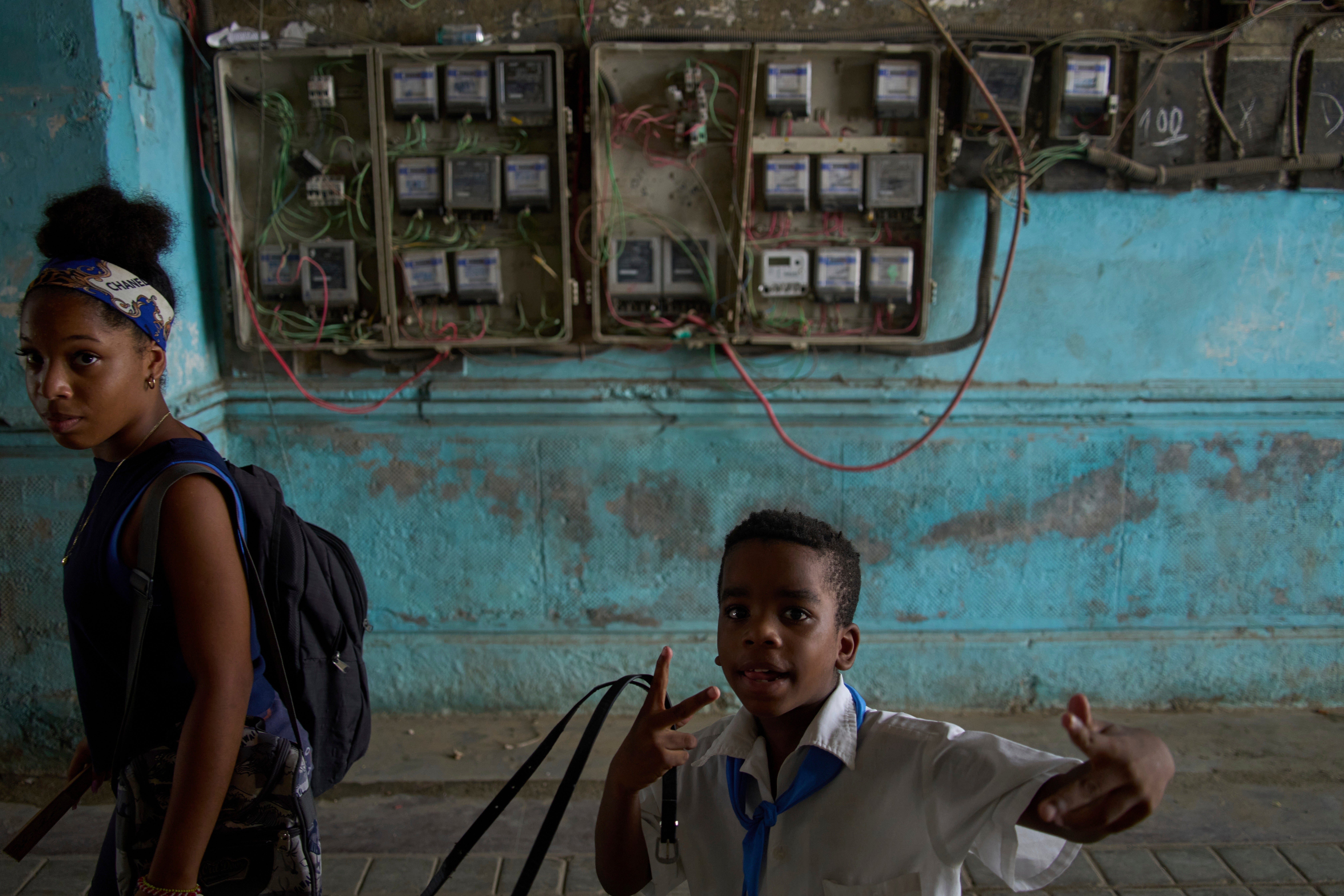
Cuba has been plunged into a nationwide power blackout, marking the second such island-wide outage this year amidst ongoing struggles with its ageing infrastructure and fuel shortages.
The Ministry of Energy and Mines announced on social platform X that Wednesday's outage was likely linked to a malfunction at one of the nation's largest thermoelectric plants.
Argelio Abad, the ministry's vice minister, said on state television that the grid collapsed after an "apparently erroneous message warning of overheating" led to the plant's disconnection.
The incident follows three other blackouts reported late in 2024, highlighting persistent issues with the country's power supply.
Officials have begun establishing a "microsystem" to deliver electricity to critical infrastructure providing basic services.
Crews are now working to restore power across the island of about 10 million residents, with hospitals, food production plants, and other high-priority businesses already seeing electricity return.

Prime Minister Manuel Marrero made an appearance at Cuba's state-run power company and asked Cubans for their trust as he said on state TV that electricity would be restored gradually.
Some Cubans, like 65-year-old Mayté García, believed they would be without power for a couple of days.
She said she was “outside, taking in the fresh air” as she waited for electricity to return.
“If you buy something, you don’t know if you’ll be able to keep it. Many people’s food has spoiled,” García said of items in refrigerators and freezers.
Havana, the country’s capital of some two million people, appeared calm, although many ventured out to try and find certain items before dark.
“I came to get bread,” said Katie Cárdenas, a 48-year-old public employee, adding that she feared being left without basic goods after the outage.
The city’s traffic lights were dark and many social and cultural activities were suspended, but gas stations continued to offer fuel via pumps.

Internet service in Havana was particularly slow or dropped intermittently in some areas.
The persistence of power outages over the years prompted some Cubans to prepare for them.
“I have a small power plant... but many people are complaining because they will be affected,” Aurelio Chacón, 65, said.
In recent months, many well-off individuals, small entrepreneurs and residents with family abroad who are able to send goods have installed solar panels or rechargeable devices.
Earlier this week, an outage hit Cuba’s eastern region, leaving people from Las Tunas to Guantánamo in the dark for several hours.
In February, the government suspended classes and work activities for two days due to a shortage in electricity generation.
There is a severe economic and energy supply crisis in Cuba. It has worsened in recent years due to U.S. sanctions intended to put pressure on the island to change its political model.
The sanctions have prevented the Caribbean nation from having sufficient foreign currency to buy fuel or buy equipment to repair its aging thermoelectric plants, many of which have been operating for more than 30 years.







